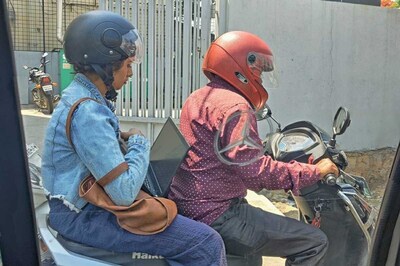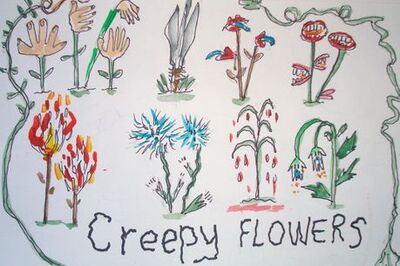
views
Onam, the most popular festivals of Kerala, is being celebrated across the stated with great fervour and enthusiasm. Celebrated in August-September, the annual harvest festival falls on 22nd Nakshatra Thiruvonam in the Malayalam calendar called Chingam. The state seeps into festive mood during this 10-day festival that started on September 1 and will be on till September 13. According to the legends, Onam is celebrated to commemorate King Mahabali, whose spirit is said to visit Kerala at the time of this auspicious occasion.
Onam is also called Thiru-Onam or Thiruvonam (Sacred Onam Day). Sravanmahotsav is another name for this festival.
Each day of Onam is given a different name and specific celebrations are done on each of these days. There are post-Onam celebrations in Kerala which adds to the 10-day festival.
How is Onam celebrated?
The famous boad race takes place at the time of Onam. The festival sees all the colours, history, culture and its beliefs of Kerala together. Some of the major attractions of the festival include flower carpets called Pookkalam, banquet lunches, Pulikali (tiger dances) and the Kaikottikkali dance.
Here are names of 10 days on Onam alongwith their meaning
Atham (Day 1): The festival starts with designing Pookkalam in which only yellow coloured flowers are used. The size of Pookkalam grows day by day.
Chithira (Day 2): On this day, another layer of flowers is added to the Pookkalam and cleaning of house begins.
Chodi (Day 3): The day starts with adding a new layer of flowers to the Pookklam. From this day, families begin shopping.
Vishakam (Day 4): The day marks the start of various competitions in the state.
Anizham (Day 5): The much-awaited and enthralling Vallamkali Boat Race begins in most parts of Kerala on the day 5 of Onam.
Thriketa (Day 6): Schools in Kerala start to close for Onam on Day 6. People of the start from this day devote all their time to the celebrations.
Moolam (Day 7): Most places see the beginning of Ona Sadya and the dance performances related to the festival, Onam. The state wears a festive look with almost all corners adorned with decoration which is a treat to the eyes.
Pooradam (Day 8): On this day of Onam, statues of Vamana and King Mahabali are cleaned and installed in the centre of the Pookkalam.
Uthradom (Day 9): This is one of the most crucial days of Onam where people buy fresh vegetables and cook traditional meals. According to beliefs, King Mahabali reaches the state on this day.
Thiruvonam (Day 10): The festival sees much more enthusiasm among people and day 10 of Onam, people take an early bath, visit temples to offer prayers and exchange gifts. The lavish Onam Sadya (Special meal for Onam) is cooked in all households.
The lavish feast is served on plantain leaves and includes nine courses, but may include over two dozen dishes, including Chips (especially Banana chips), Sharkaraveratti (Fried pieces of banana coated with jaggery),Pappadam, various vegetable and soups such as Injipuli (also called PuliInji), Thoran, Mezhukkupuratti, Kaalan, Olan, Avial, Sambhar, Dal served along with a small quantity of ghee, Erisheri, Molosyam, Rasam, Puliseri (also referred to as Velutha curry), Kichadi (not to be confused with Khichdi) and Pachadi (its sweet variant), Moru (buttermilk or curd mixed with water), Pickles both sweet and sour, and coconut chutney.
The feast ends with a series of dessert called Payasam (a sweet dish made of milk, sugar, jaggery, and other traditional Indian savories) eaten either straight or mixed with ripe small plantain. The curries are served with rice, usually the 'Kerala Matta' parboiled rice preferred in Kerala.
Competitions like dance and boat races continue across the state.
Normally, most of Onam celebrations end by Thiruvonam. However, following Thiruvonam Third and Fourth Onam are celebrated. The third Onam which is called Avvittom, marks the preparations for King Mahabali's return ascension to heavens. The main ritual of the day is to take the Onathappan statue, which was placed in the middle of every Pookkalam during the past 10 days, for immersion. Pookkalam is cleaned and removed after this ritual.

















Comments
0 comment